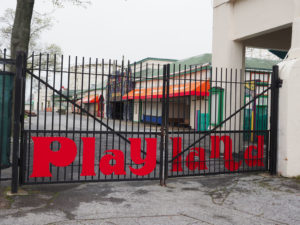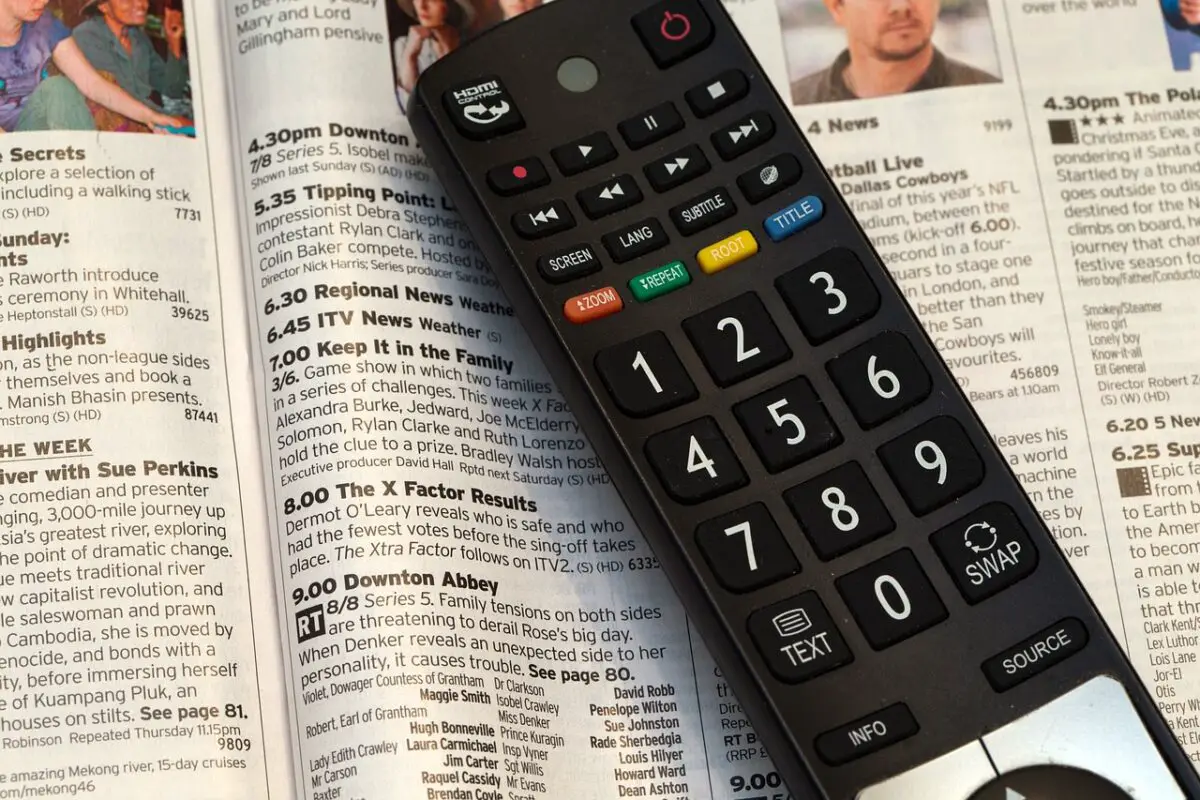The City of Rye claims that Westchester County and Standard Amusements owe more than $1.5 million in property taxes and penalties on Playland Park.
On Aug. 29, Rye petitioned Westchester Supreme Court to compel the county and amusement park operator to pay city and county taxes while they are challenging the public park’s tax status.

“The City of Rye taxpayers are footing the bill for not just the unpaid tax bill but the accumulating penalties and interest,” Rye Corporate Counsel Kristen K. Wilson stated in a court document. “No other citizen-taxpayer is permitted the thumb their nose at the city.”
Playland opened 95 years ago, and in 1987 it was declared a National Historic Landmark.
Standard Amusements struck a deal with the county in 2016 to manage the amusement park for 30 years and operate Playland as a public park open to the general public.
“Standard Amusements is committed to being a good neighbor,” spokesperson Chris Bastardi stated in an email. “We have made substantial investments in Playland, its rides, restaurants, and its landscaping. … We remain proud to stand with Westchester County in opposing this frivolous lawsuit.”
Rye traces the dispute back to 2011 when the city assessor revoked the tax exemption on a boardwalk parcel where the former Tiki Bar restaurant operated under a license with the county.
The Tiki Bar and county challenged the taxes six times from 2011 to 2019, according to the petition, and then settled the dispute in 2022 by signing a consent judgment. They agreed that the Tiki Bar parcel was taxable and negotiated a reduced tax assessment.
Then last September, the Rye assessor revoked the tax exemption on a portion of Playland over which Standard Amusements has exclusive use and control.
Westchester County and Standard Amusements petitioned Westchester Supreme Court last October to annul that decision.
Standard Amusements does not have to pay the taxes because the taxes are not valid, the company’s attorney, Al Donnellan, said in a brief telephone interview, and until the court determines whether the property is tax-exempt, Rye may not enforce the taxes.
“Ownership and use of Playland … did not change in any manner whatsoever between 2021 when the premises were classified as ‘exempt,”’ the petition says, “and 2022 when Playland was suddenly classified as ‘taxable.'”
Westchester’s position is that Rye”™s claims are without merit, County Attorney John Nonna said in an email. “The City of Rye illegally revoked a property tax exemption to which Playland, as a public park, was entitled to under the law.”
The 2022 tax status case remains pending.
In the new petition, Rye argues that a property owner must continue to pay the taxes while challenging the tax status in court.
That’s what happened beginning in 2011 on the Tiki Bar parcel, Rye Comptroller Joseph Fazzino states in an affidavit.
“Only in 2023 has the county and it’s licensee stopped paying the taxes on the restaurant parcel,” he said.
Rye is demanding that the county comply with the 2022 consent judgment on the Tiki Bar parcel, and that the county and Standard Amusements pay all unpaid taxes and penalties.



















